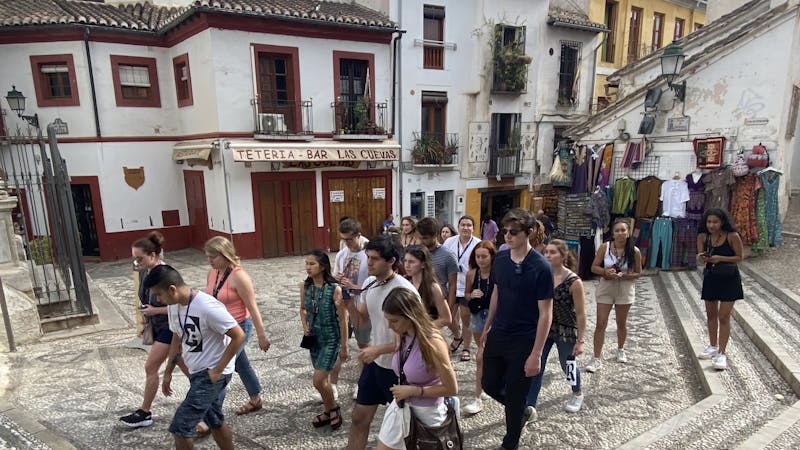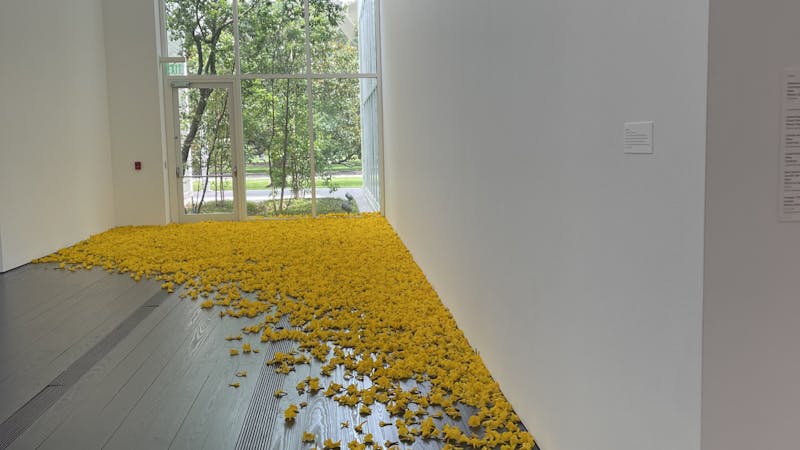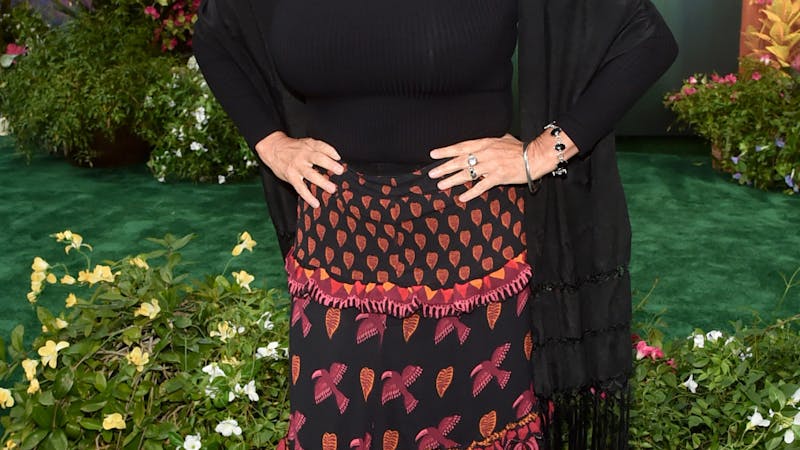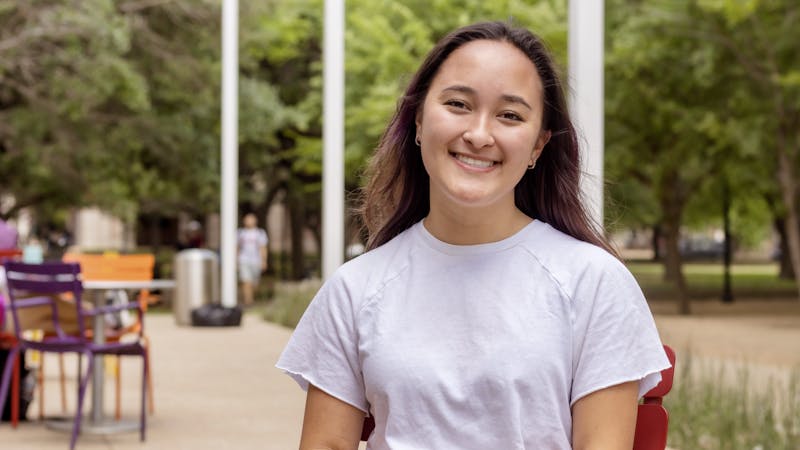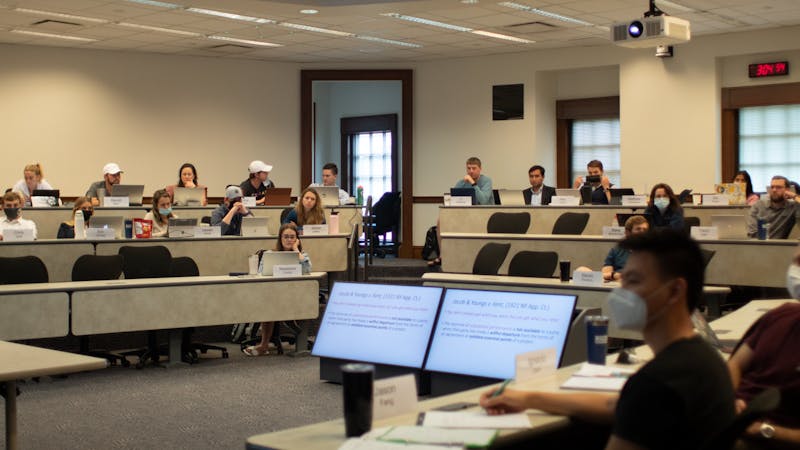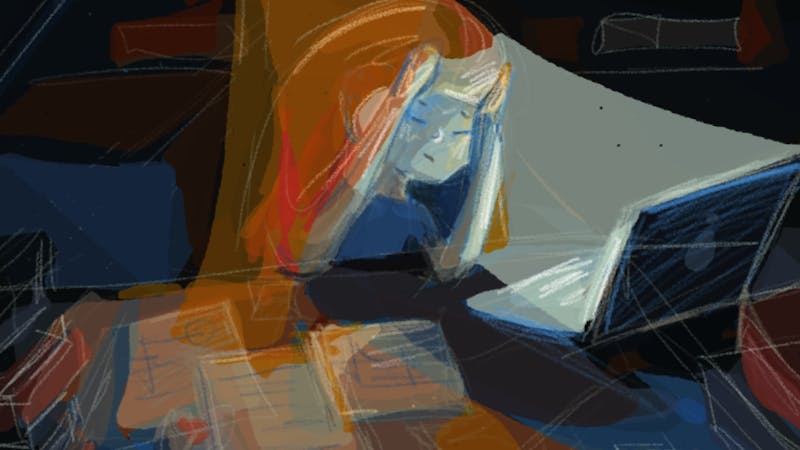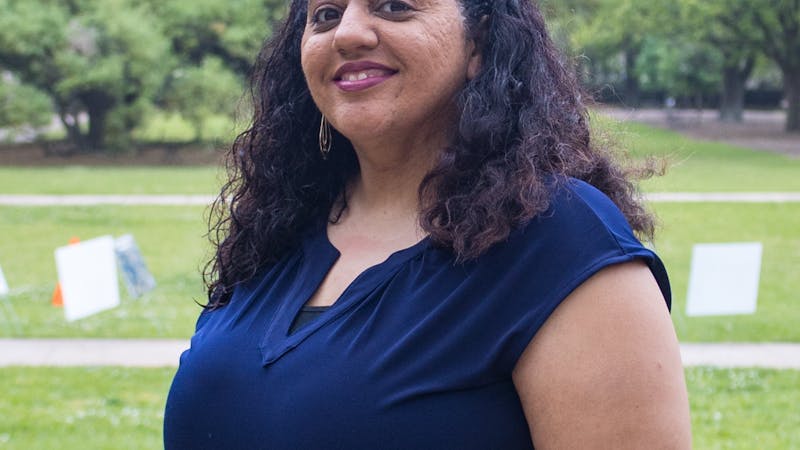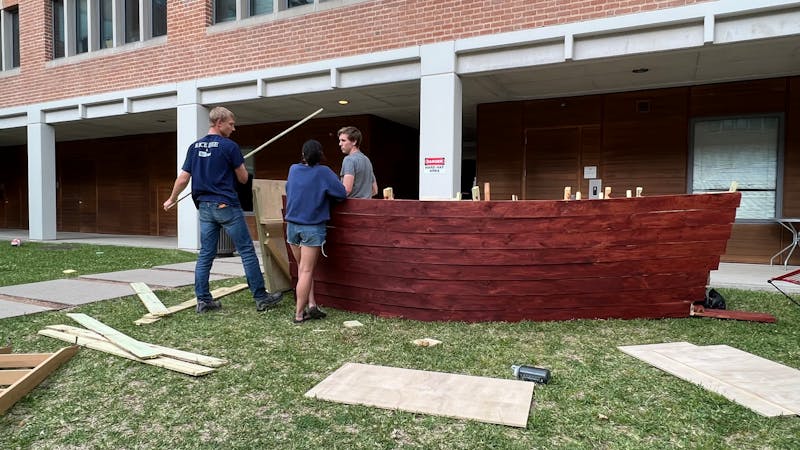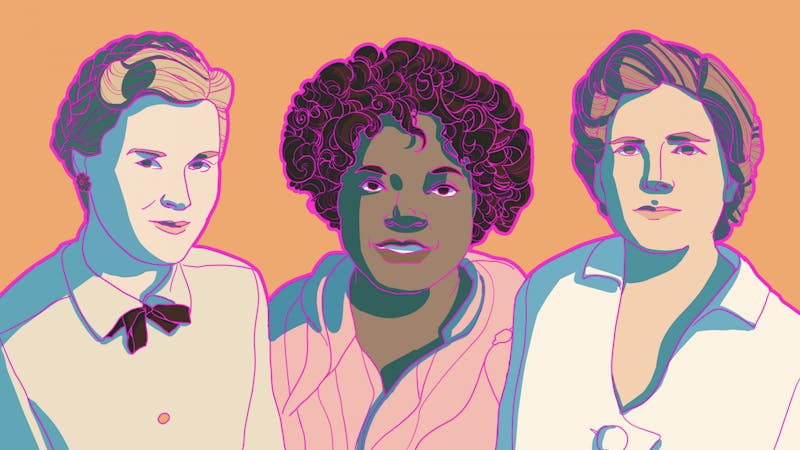FEATURES
8/23/22 11:59pm
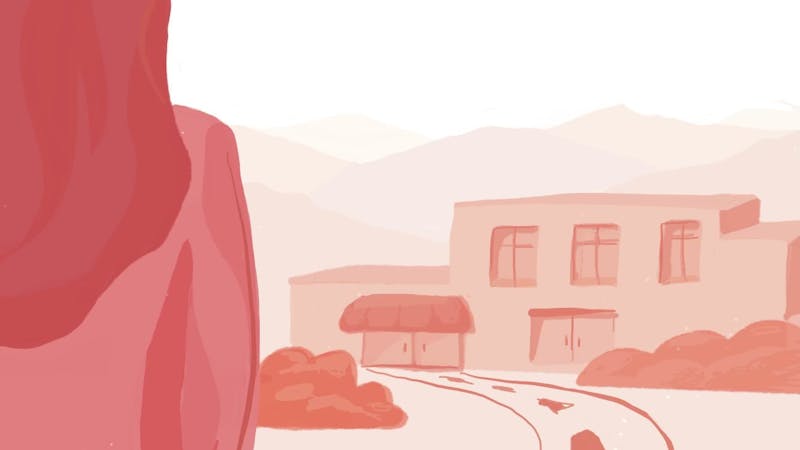 By Prayag Gordy
By Prayag Gordy
It had been just hours since the doctor confirmed her unwanted pregnancy. Bethany* had taken a negative pregnancy test just the week before, but she had missed a period and was still not feeling herself. A few days into the initial remote weeks of the spring 2022 semester, Bethany, now a senior, knew she wanted an abortion. Just seven months earlier, Texas Governor Greg Abbott had signed a bill banning abortions after the detection of an embryonic heartbeat, which the Cleveland Clinic says generally occurs six weeks after gestation and two weeks after the first missed period. Commonly referred to as the “heartbeat bill,” the law was a precursor to Texas’ now near-total ban on abortions.




